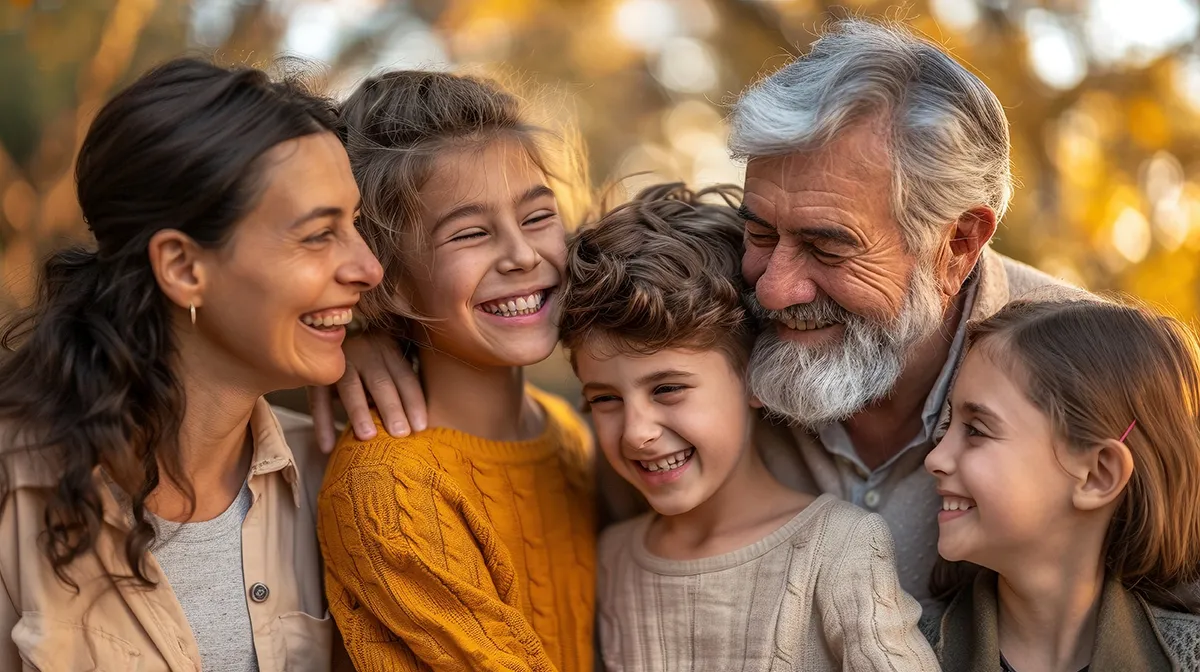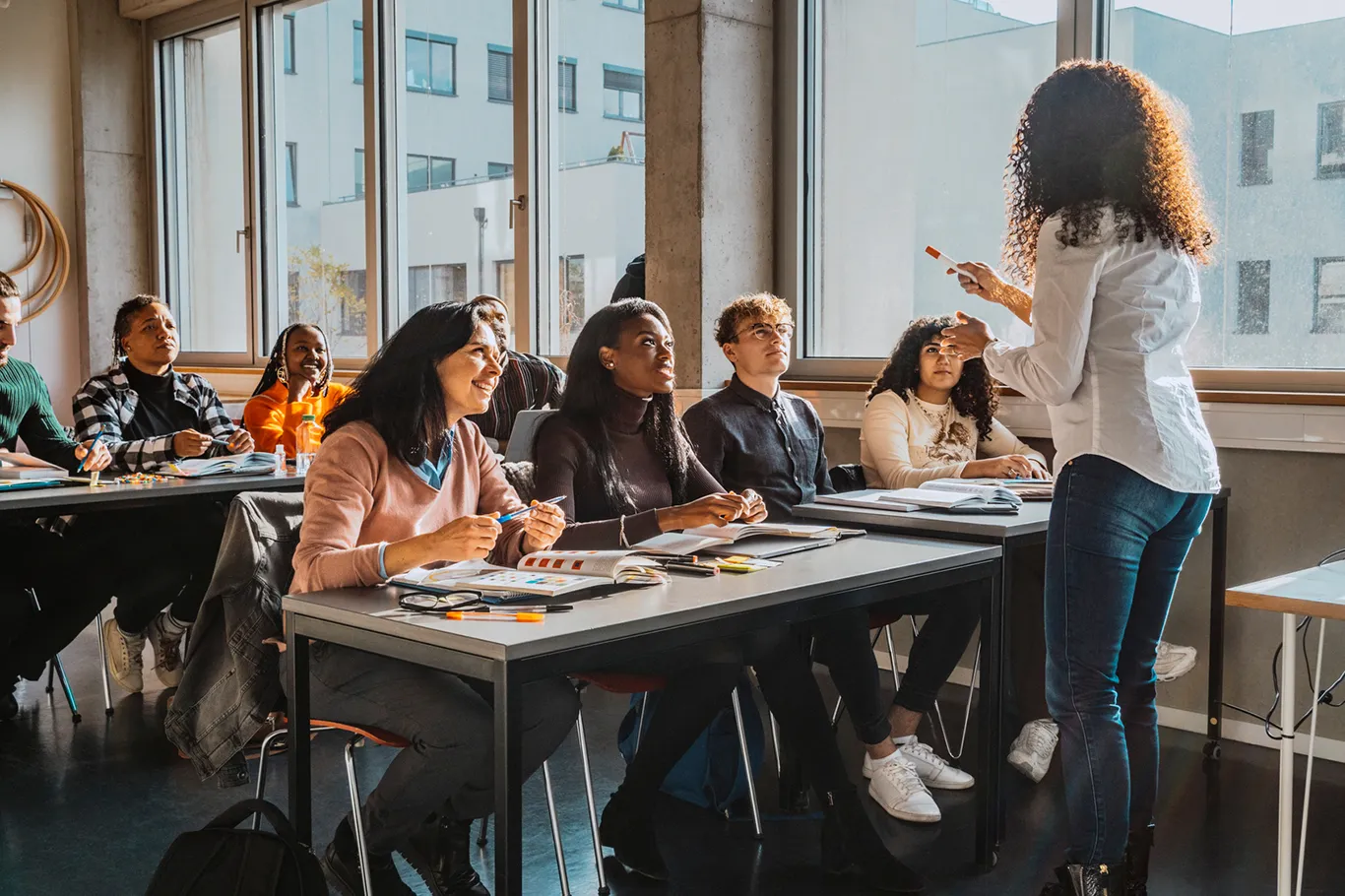865-974-5858
Stronger Together
Relationship Builders is an initiative that partners with organizations from the public sector and faith-based communities to help individuals, couples and families establish and maintain healthier relationships. We deliver training to help improve healthy relationship bonds, which are vital to our overall well-being and that improve our communities.
We provide:
- Relationship education for couples and individuals both online and in person.
- Relationship checkups for couples.
- Relationship training for mental health professionals on special topics related to couples.
- Relationship education workshops and training to religious leaders and secular and faith-based community organizations.

What’s our WHY?
We want to share the tools that can restore hope in relationships and improve communities.
Relationships are at the core of our humanity. Unhealthy relationships take a toll on emotional and mental health and physical well-being – and it is magnified by impacting individuals, couples, families, children, coworkers and communities.
Relationship strains can negatively impact workplace productivity, increase healthcare expenses, tax the legal system and require other social services. Preparing individuals for relationships and giving couples the tools to succeed in relationships equip them to maintain stability in the home. That peace of mind, confidence and happiness benefit everyone in their community circles – from families to employers and beyond.

Take the next step to build better tomorrows.



